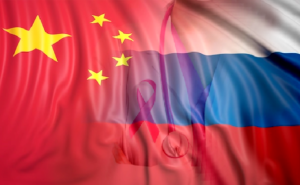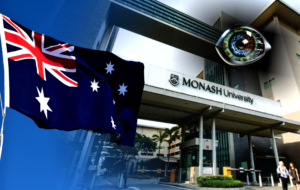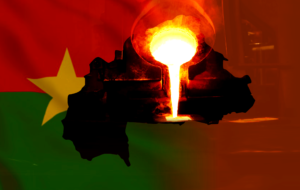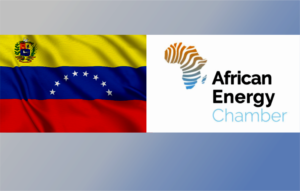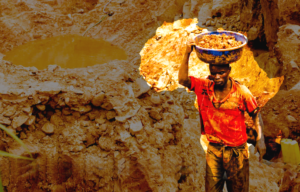Macron Calls for UN Force in Gaza, Highlighting Recognition of Palestinian State
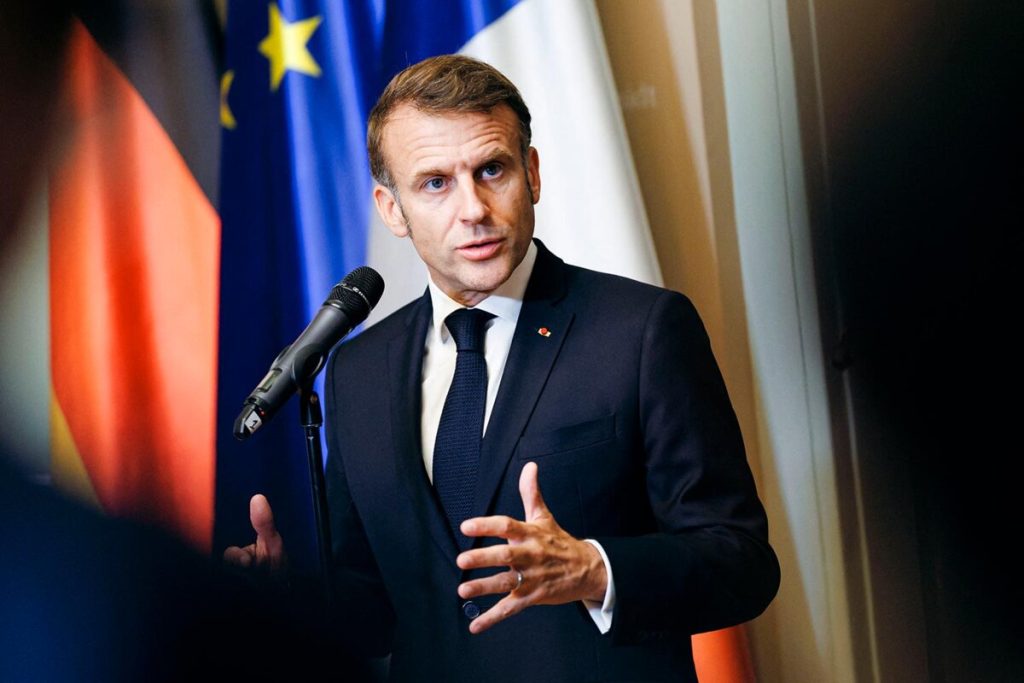
French President Emmanuel Macron has announced that France will formally recognise the State of Palestine, while also urging the creation of an international stabilisation mission in Gaza under United Nations authority. The move, which comes as Arab and Muslim leaders prepare to meet former US President Donald Trump in New York, signals a decisive shift in Europe’s role in the decades-long conflict.
![]()
The recognition brings a symbolic validation of Palestinian families’ identity, but the immediate humanitarian crisis remains acute. Thousands continue to live in displacement, facing shortages of food, water, medical supplies, shelter, etc. Aid agencies warn that the breakdown of basic infrastructure risks erasing not only lives, socioculture or economic transactions but also the continuity of family bonds.
From the human perspective, Macron’s announcement touches a deep nerve. The conflict has produced generations of trauma, with children growing up amid violence and uncertainty. International recognition could bolster morale, yet it cannot substitute for physical security or long-term peace building.
![]()
Culturally, the decision highlights the importance of safeguarding heritage in Gaza and the West Bank, where centuries-old traditions and historic sites are endangered by bombardment and instability. Preservation of culture, leaders argue is integral to sustaining Palestinian identity in the face of displacement.
Both local and international businesses are watching closely. The ongoing conflict has crippled Gaza’s economy, shuttered factories and disrupted trade routes. A UN force could potentially stabilise conditions for reconstruction, investment and regional commerce, though investors would remain cautious amid political volatility.
Politically, France’s move could embolden other European nations to follow suit, potentially isolating Israel diplomatically. At the same time, it places pressure on Washington, where Trump’s re-emergence in Middle Eastern diplomacy complicates the Biden administration’s more cautious approach. Arab leaders view the New York meeting as a test of whether the United States can be brought back into a balanced mediation role.
Socially, the recognition reverberates beyond the battlefield. Surely, activists across Europe and the Middle East see it as an endorsement of popular movements calling for justice and statehood. Yet within Israel, the move risks fuelling political division and hardening attitudes among those who view recognition as a threat to national security.
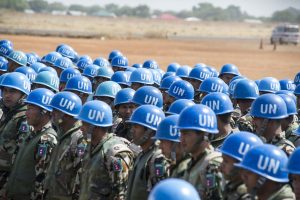
As the conflict drags on, Macron’s plan for UN-led mission underscores a fundamental truth, because without security the recognition risks being purely verbal-symbolism. Then again, by linking political recognition with international protection, France is attempting to tie statehood aspirations to the practical realities of survival, dignity, and long-term coexistence.



